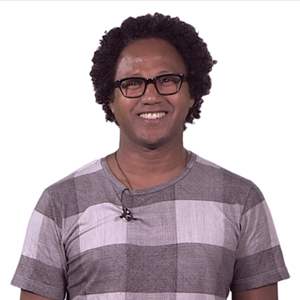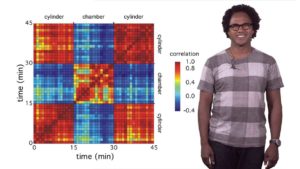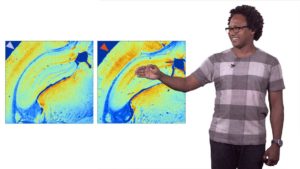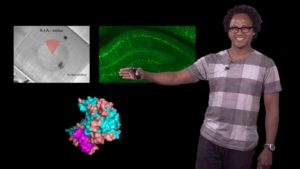Dr. André Fenton earned his B.Sc. in Biology in 1990 from McGill University in Montreal, where he studied the neurobiology of crickets. After college, he started studying the hippocampus when he worked as a research assistant with Jan Bureš at the Institute of Physiology in Prague. In the Bureš lab, Fenton developed the rotating arena, a device used worldwide to study how rats process spatial information to form, maintain and judiciously use memories. During his Ph.D. at SUNY Downstate he studied neurons involved in navigation and spatial memory. In 2006, in collaboration with Dr. Todd Sacktor, he published a paper establishing the importance of protein kinase M zeta for maintaining memory and long-term potentiation, a crucial breakthrough in neuroscience. Fenton is a professor at NYU’s Center for Neuroscience since 2010, and his laboratory continues to study how brains store experiences as memories, and the role of protein kinase M zeta in this process.
Fenton co-founded Bio-Signal Group, a medtech company that develops and sells miniaturized electroencephalography (EEG) machines and easy-to-use electrodes to assess brain function by measuring electrical brain activity from the scalps of people. Enabling people to assess brain function anywhere and anytime helps patients and doctors optimally manage neurological emergencies.







